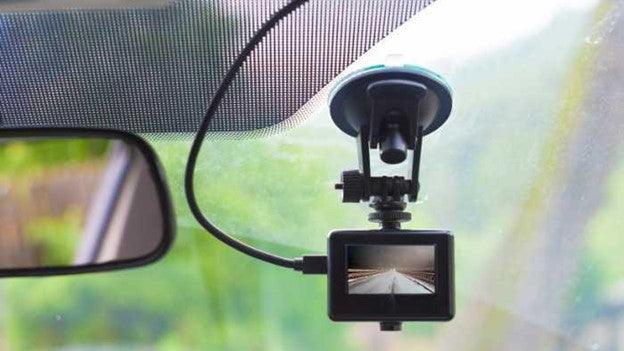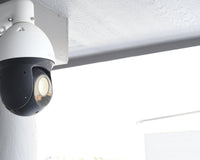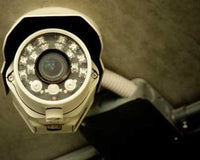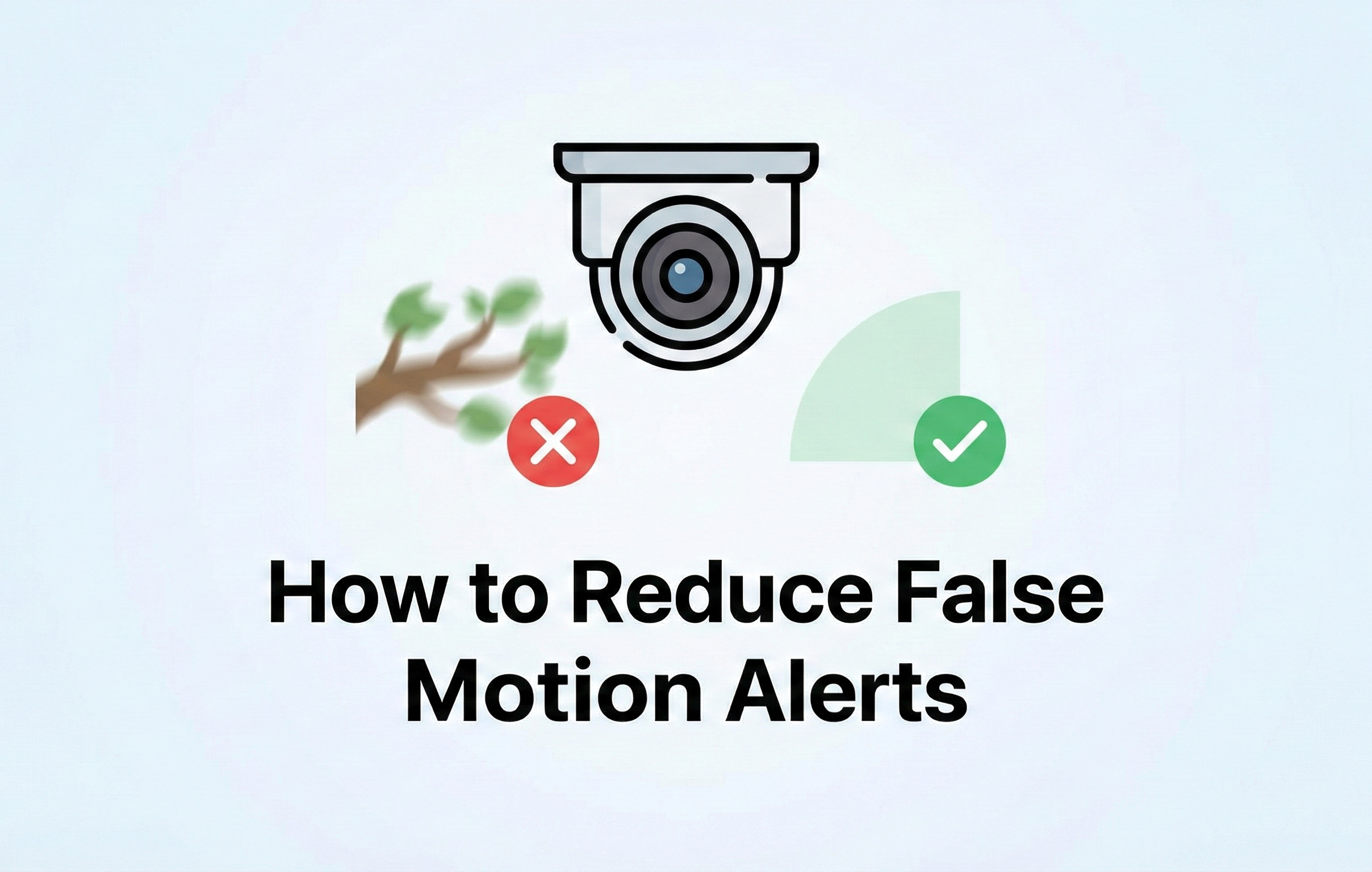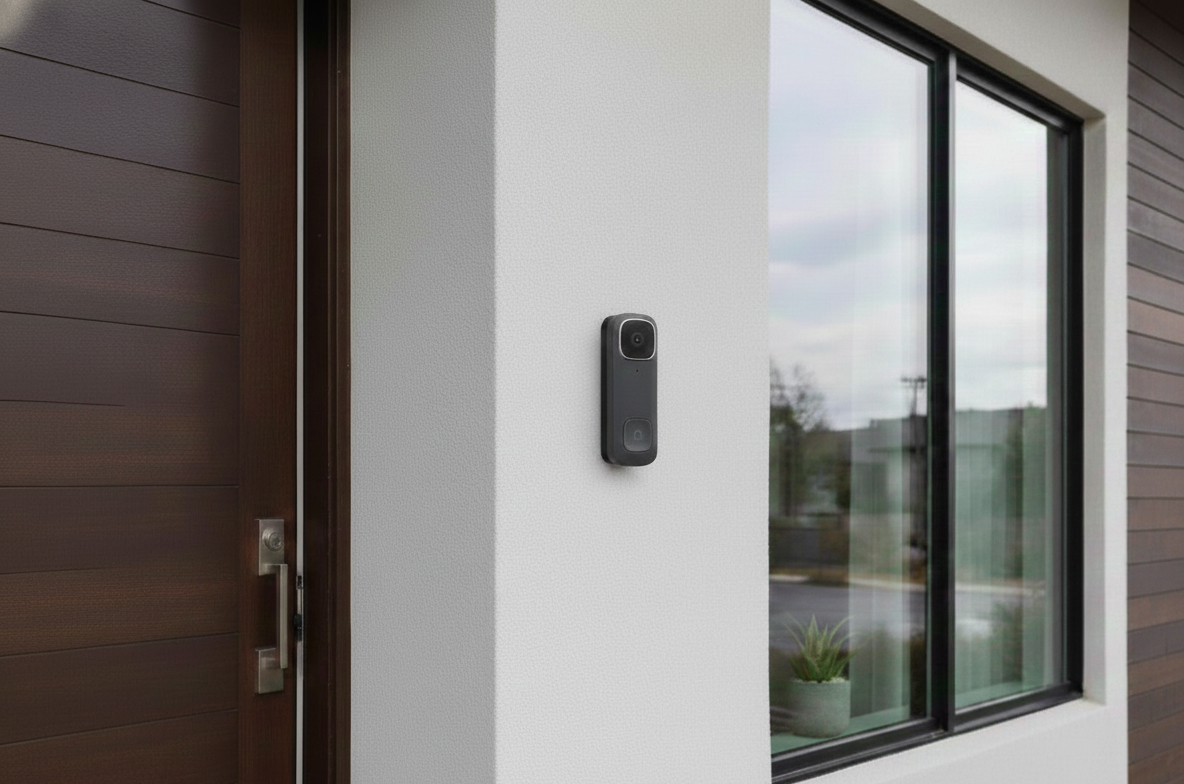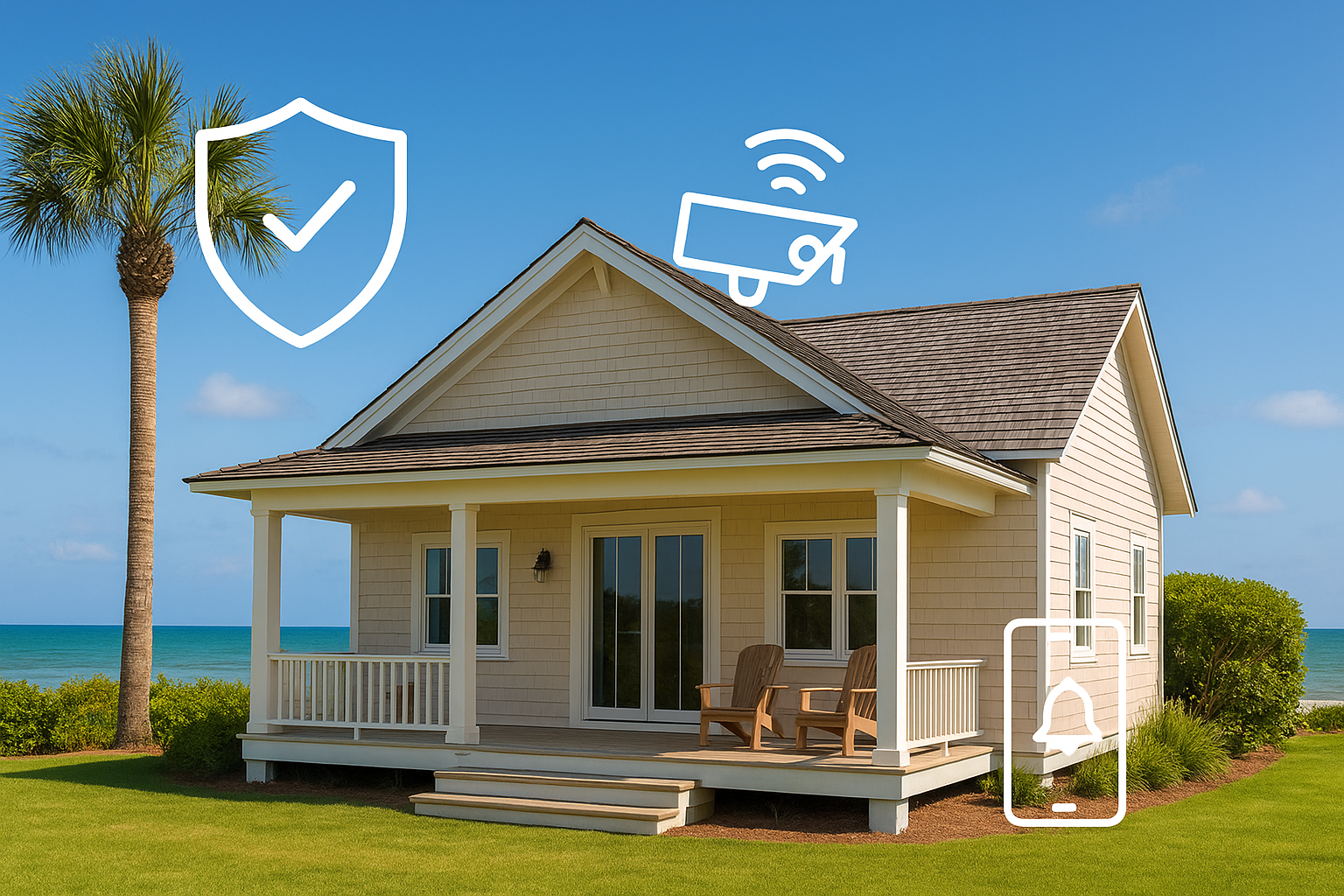You may be wondering if all security cameras are compatible with all DVRs.
After all, if you're going to invest in a security system, you want to make sure that all of your equipment will work together.
The answer to this question is a little complicated. While most security cameras are compatible with certain types of Digital Video Recorders (DVR), it's always best to check with the camera manufacturer to be sure.
Some security cameras are designed to work specifically with certain DVR models, while others are more versatile and can be used with a variety of different DVRs.
Ultimately, it's up to you to decide which type of security camera and DVR is best for your needs.
To help you make the best decision for your security system, let's take a closer look at the compatibility between security cameras and DVRs.
Are All Security Cameras Compatible With All DVRs?
Security cameras are not all compatible with digital video recorder systems right out of the box.
In order for security cameras to be able to connect with a DVR, they need to be modified to work with the system.
This is because security cameras use different formats to capture video footage - analog camera BNC connections for security cameras, and digital video recorder IP security cameras.
In order to connect analog cameras to a DVR, you'll need to use a BNC converter.
While most security cameras are compatible with certain types of DVRs, it's always best to check with the manufacturer to be sure.
Some security cameras are designed to work specifically with certain DVR models, while others are more versatile and can be used with a variety of different DVRs.
Types of Cameras
There are several different types of security cameras, and each type has its own strengths and weaknesses.
Here's a quick overview of the most popular types of security cameras:
- Analog Cameras
- Digital/IP Cameras
- Wireless Cameras
Analog Cameras
These cameras capture video footage in an analog format. Analog cameras are typically less expensive than digital IP cameras, but they require a separate DVR system to store and view the footage.
The video quality of analog systems is not as high as that of digital IP cameras, but they can still be used to deter criminals and monitor activity around your property.
Digital/IP Cameras
IP security cameras capture video footage in a digital format. These cameras connect directly to a network and can be viewed and managed using software on a computer or mobile device.
Digital IP security cameras typically cost more than analog cameras, but they offer a number of advantages, including higher video quality, easier installation, and the ability to view footage remotely.
Wireless Cameras
Wireless HD cameras are similar to digital IP cameras, but they don't require a network connection.
Instead, these cameras use a wireless connection to send and receive data.
Wireless security cameras are typically more expensive than wired cameras, but they offer the convenience of not having to run cables through your property.
Compatibility Issues
One of the biggest issues with security camera compatibility is that not all security cameras use the same type of video footage.
As we mentioned earlier, security cameras can be analog or digital, and each type uses a different type of connection.
Analog security cameras use BNC connectors, while digital security cameras use an IP connection.
BNC connectors are typically used with DVR systems, while IP connections are used with a network video recorder.
Another issue that can cause compatibility problems is the difference in video signals resulting in poor quality.
Analog security cameras typically provide lower video quality than digital security cameras, but they can still be used to monitor activity around your property.
Network video recorders usually provide better video quality, but they require higher bandwidth and can be more expensive.
Types of DVRs
There are a few different types of digital video recorders on the market, and each type has its own strengths and weaknesses.
Here's a quick overview of the most popular types of DVRs:
Analog DVRs
- Digital/IP DVRs
- Wireless DVRs
- Hybrid Video Recorders (HVRs)
Analog DVRs
These DVR systems capture video footage in an analog format. Analog DVRs are typically less expensive than IP cameras DVRs, but they require a separate video recorder to store and view the footage.
Digital/IP Cameras DVRs
These DVRs capture video footage in a digital format. Digital IP DVR systems are more expensive than analog DVRs.
But they offer a number of benefits, such as the ability to view footage remotely and integration with third-party security systems.
Wireless DVRs
Wireless digital video recorders are becoming increasingly popular due to their easy installation and flexibility.
Wireless DVRs can be used with both analogue and resolution IP cameras.
Hybrid Video Recorders (HVRs)
Hybrid recorders are a type of security DVR that can support both analogue systems and IP cameras.
These systems are becoming increasingly popular as they offer the best of both worlds: the ability to use existing security cameras while also being able to take advantage of the benefits of IP cameras.
NVR System
An NVR system is a network video recorder that's specifically designed to work with IP security cameras.
NVR systems include a built-in PoE switch, which allows you to power and connect your security cameras without having to run a separate ethernet cable.
NVR systems are more expensive than DVR systems, but they offer the added benefit of being able to view a digital stream remotely.
DVR Security Camera Compatibility
When it comes to security camera compatibility, there are a few things you need to take into account.
First, you need to decide what type of security camera you want. There are analog cameras, IP cameras, and wireless cameras.
Analog cameras are the most affordable option, but they require a separate DVR system to store and view the footage.
Digital IP cameras are more expensive, but they offer a number of benefits, such as the ability to view footage remotely and integration with third-party security systems.
Wireless models are becoming increasingly popular due to their easy installation and flexibility. Wireless security cameras can be used with both analog cameras and IP security systems.
Once you've decided on the type you want, you need to choose a DVR that is compatible with that type of camera.
Analog cameras require an analog DVR, while digital/IP cameras require a digital/IP DVR.
Frequently Asked Questions
What is the difference between analog cameras and digital cameras?
Analog cameras capture video footage in an analog format, while digital cameras capture video footage in a digital format.
Analogue models are typically less expensive than digital ones, but they require a separate DVR system to store and view the footage.
Do I need a separate DVR to view footage from an analogue security camera?
No, you do not need a separate DVR to view footage from an analog camera. Analog IP cameras can be used with an analog DVR, which is included in most kits.
Can I use a digital security camera with an analog DVR?
No, you cannot use a digital security camera with an analog DVR. Digital models require a digital IP camera DVR.
A digital IP camera model captures video footage in a digital display, while a wireless one transmits video footage wirelessly.
An IP camera is more expensive than wireless models, but they offer a number of benefits, such as the ability to view footage remotely and integration with third-party security systems.
Do I need a separate DVR to view footage from a wireless security camera?
No, you do not need a separate DVR to view footage from a wireless security camera. Wireless systems can be used with both analogue and digital/IP security systems.
Can I use a wireless security camera with a digital/IP security system?
Yes, you can use a wireless security camera with a digital/IP security system. Wireless models are becoming increasingly popular due to their easy installation and flexibility.
Wireless cameras can be used with both analogue and digital/IP security systems.
Conclusion
When it comes to choosing a security camera, one of the most important factors you need to consider is what type of DVR it will be compatible with.
Some ip cameras are designed to work specifically with certain DVR systems, while others are more versatile and can be used with a variety of different DVRs.
Ultimately, it's up to you to decide which type of security camera and DVR is best for your needs.
If you're not sure which system would be best for you, our team can help you make the right decision based on your specific requirements.

